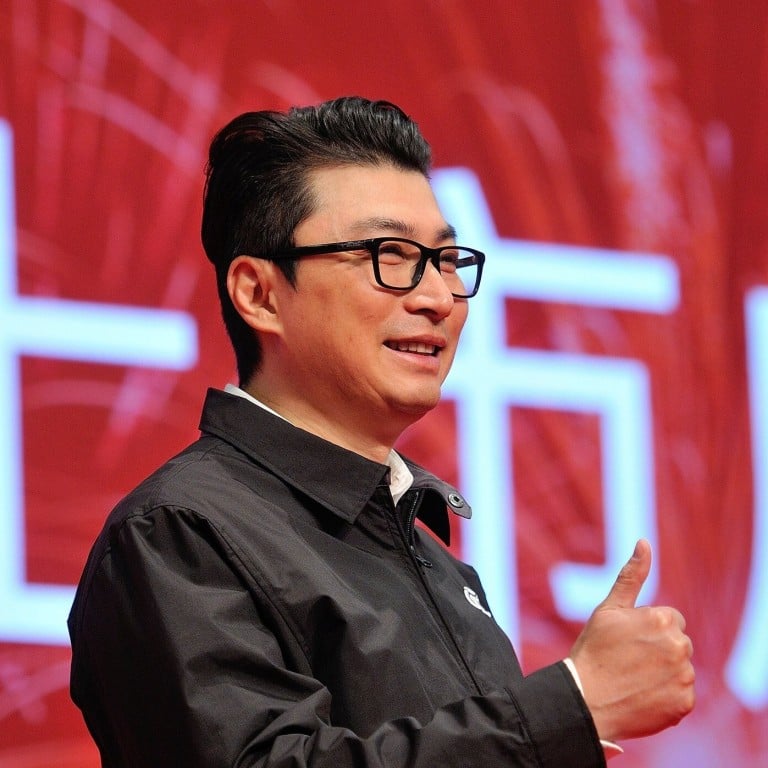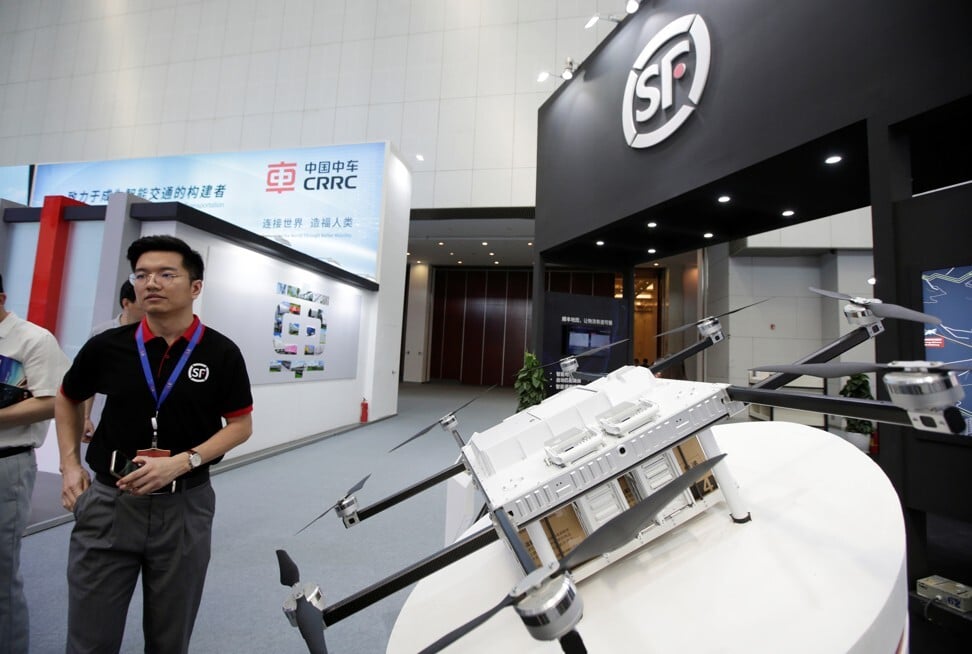SF Express founder Wang Wei became China’s 10th richest billionaire, but before that he was an illegal cross-border delivery man – here’s how he made his fortune

Entrepreneur Wang Wei’s path to wealth was not an easy one. The SF Express founder and chairman ranked as China’s 10th richest billionaire in this year’s Forbes China Rich List, but before he made his fortune – a real-time net worth of US$30.1 billion, according to Forbes – he was making illegal cross-border deliveries from Hong Kong to China.
Wang’s father worked for the People’s Liberation Army as a Russian language interpreter and his mother was a university professor. Although Wang was born in Shanghai in 1971, his family soon moved to Hong Kong, where he grew up.
‘China’s Elon Musk’ – who is William Li Bin, CEO of Nio?
Wang started working right out of high school, taking a job at a small print shop in Shunde, a nearby town in Guangdong. When attempting to send printing samples to Hong Kong, he quickly realised that there were increasing shipping demands, but a significant dearth of delivery options.
While some would consider this an inconvenience, Wang saw it as opportunity. The timing was perfect, too, as China adopted a more open trade policy with the rest of the world in the 1980s – including Hong Kong.
So Wang borrowed around US$13,000 from his father, partnered up with five friends, and in 1993 Shunfeng (SF) Express was born. Its first base of operations was a modest shop in Mong Kok, in the heart of Hong Kong’s bustling Kowloon district.

At the time, however, private couriers were still illegal in China. People had to rely on the country’s overwhelmed national post office system, which was often deemed ineffective.
How Softbank founder Masayoshi Son became Japan’s third-richest billionaire
Hence Wang Wei’s origins as an illegal border-crossing delivery man.
“When SF started delivering packages in the 1990s, it was still an illegal business called ‘black delivery’,” Wang said in an interview with China’s state-owned newspaper and official mouthpiece People’s Daily in 2011. “We would be fined if caught by postal officers, so we had to handle packages sneakily.”

Which 3 Chinese women are richer than Sun Hung Kai’s Kwong Siu-hing?
Now, SF Express employs around 80,000 people, boasts a fleet of 38 Boeing aircraft under its cargo airline arm SF Airlines, and completed a test run of its first large unmanned aerial vehicle (UAV) delivery this August. The company has expanded from China and Hong Kong to Macau, Taiwan, Korea, Japan, Malaysia, and even Europe and the US.
In 2017, Wang officially joined the three-comma club, achieving billionaire status when SF Express went public in 2017. A true success story for the books.
Want more stories like this? Sign up here. Follow STYLE on Facebook, Instagram, YouTube and Twitter .

Chinese entrepreneur Wang Wei started SF Express in a humble shop in Kowloon, Hong Kong – now it boasts a cargo airline arm SF Airlines, over 80,000 employees, and locations across the globe – how did he do it?